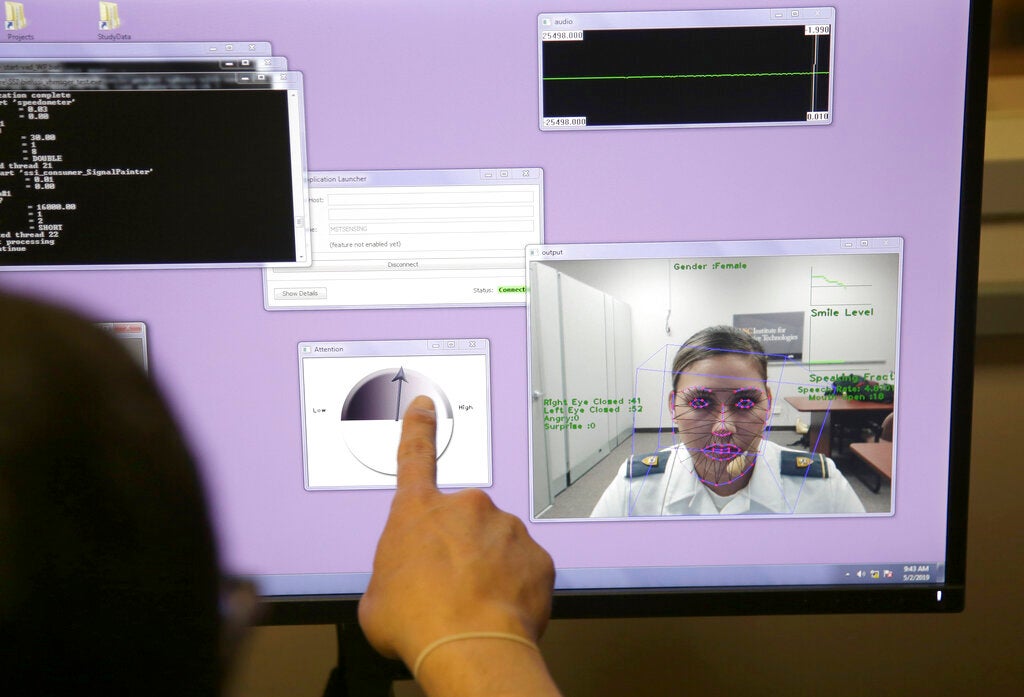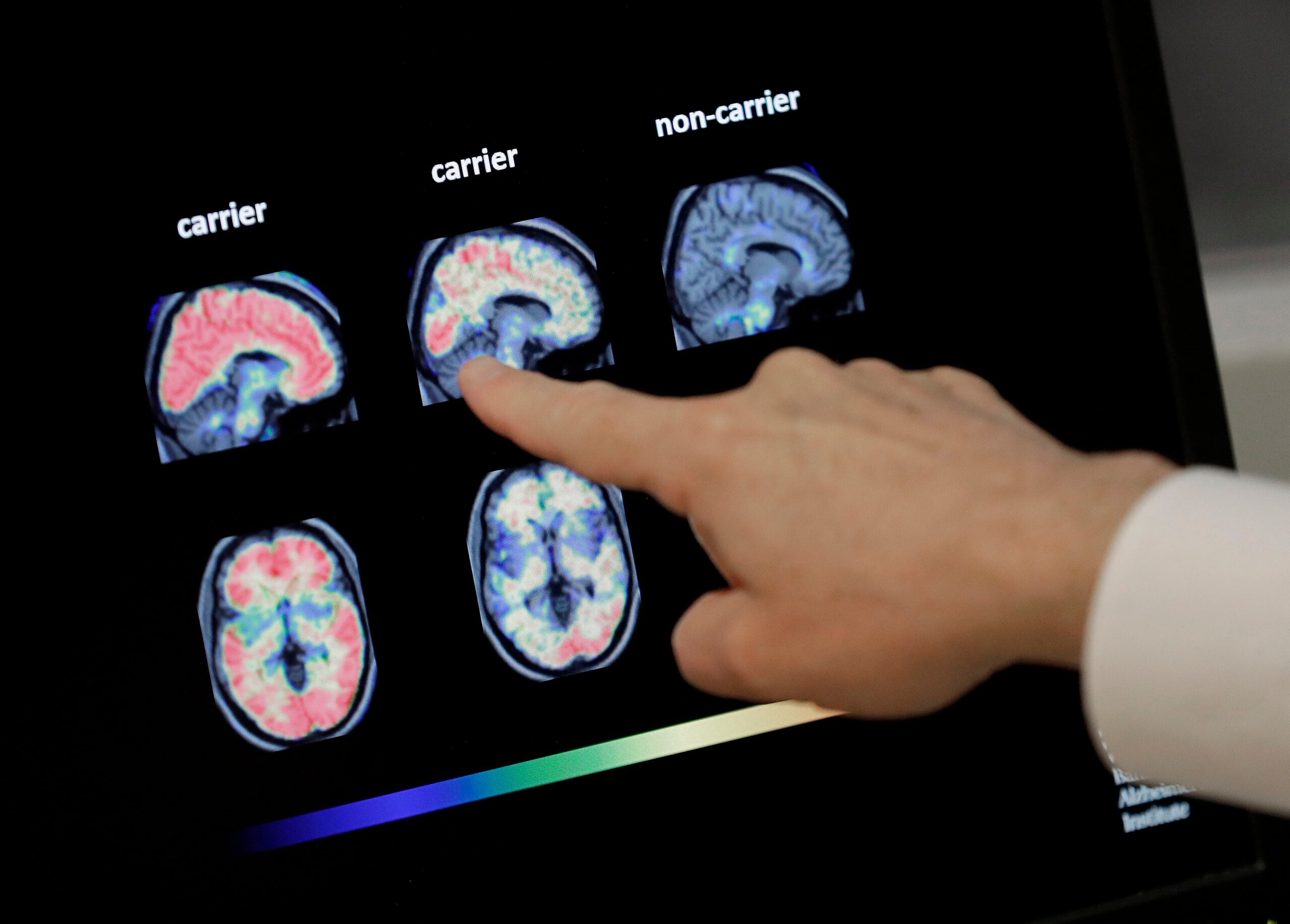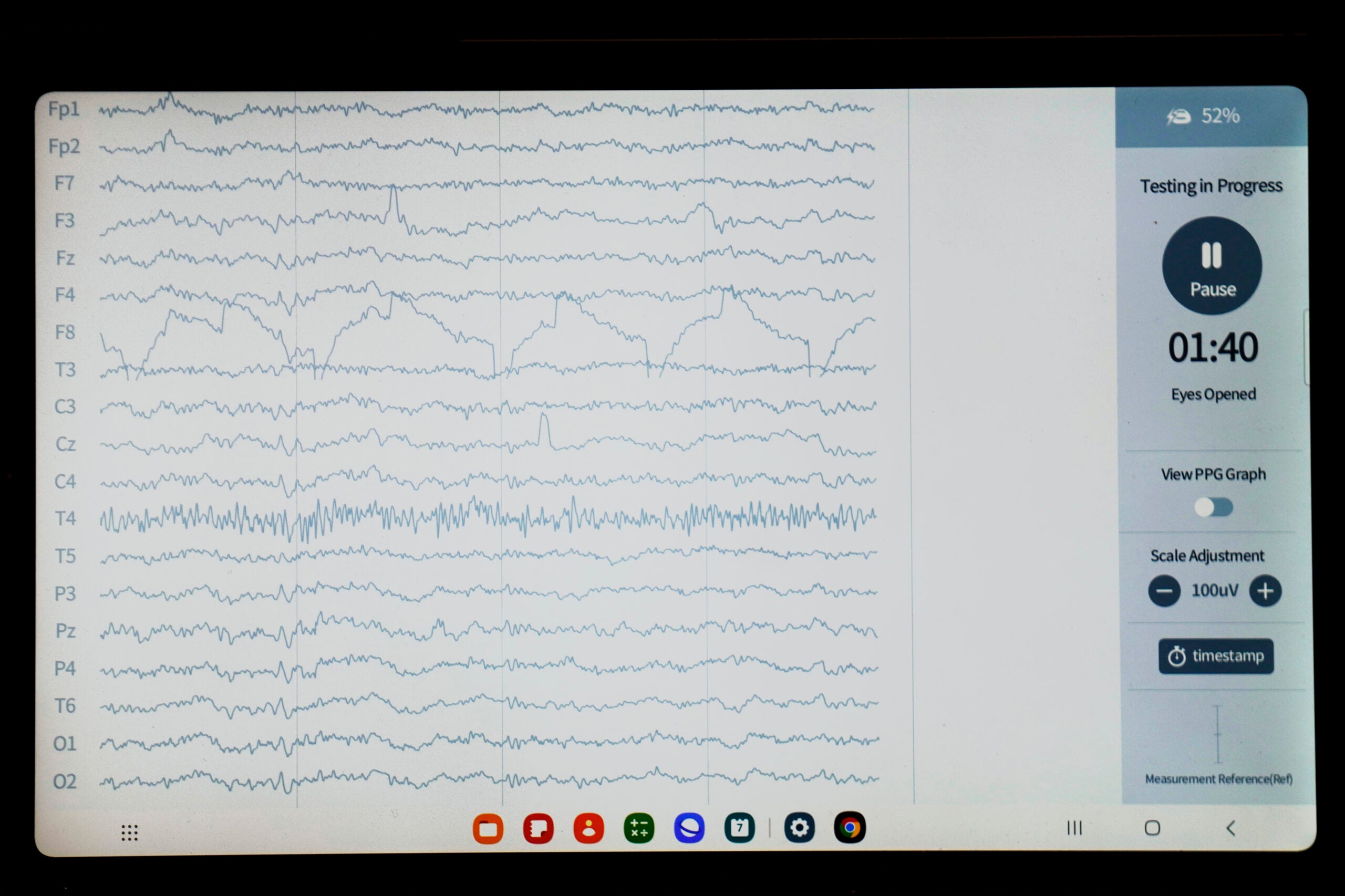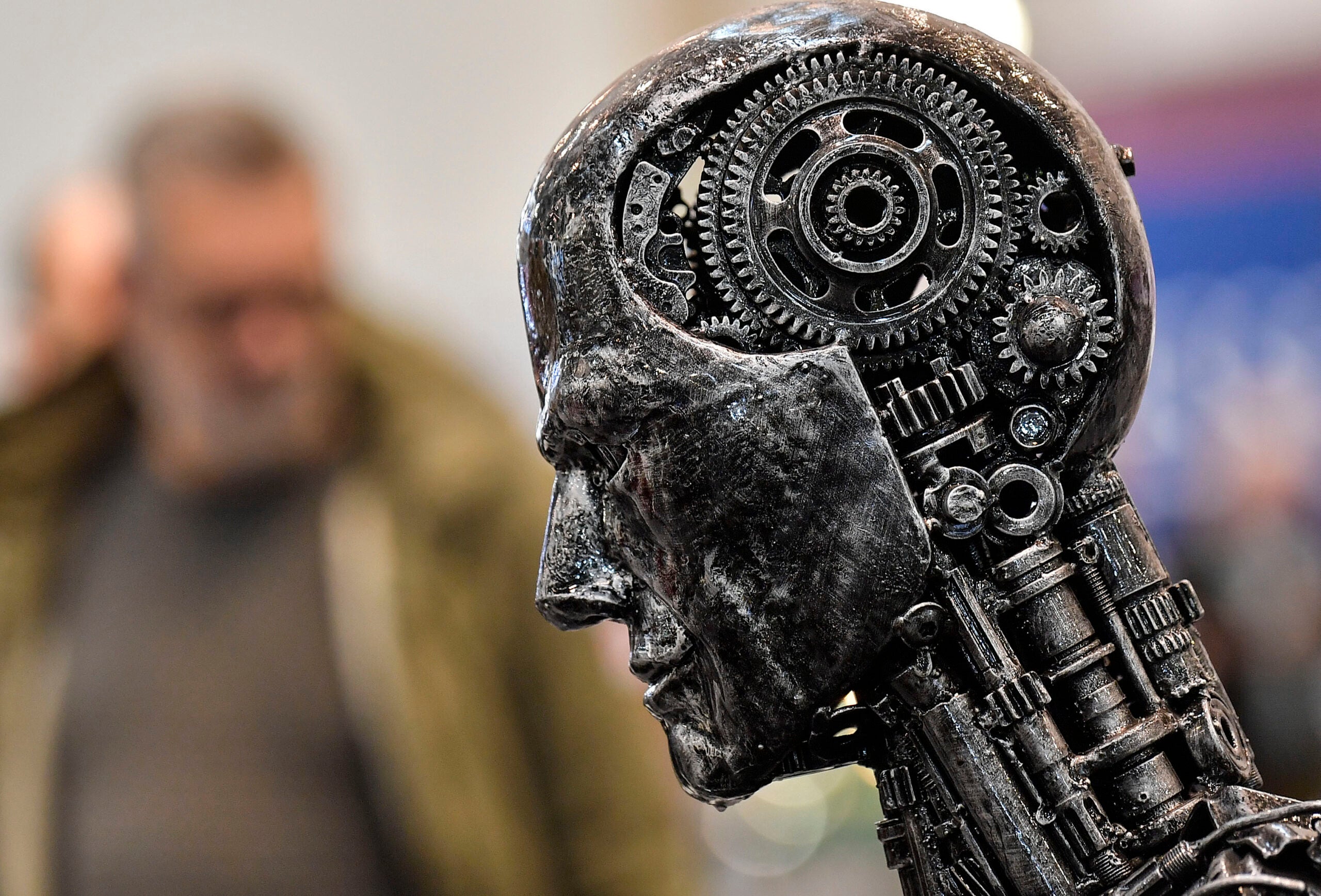State agencies would have to develop plans to use artificial intelligence — including how they’ll cut their workforce — under a measure passed by Republicans in the Wisconsin Assembly Thursday.
It’s being billed by GOP supporters as a way to embrace AI to help existing workers do their jobs, but some Democrats say they’re leery of putting benchmarks in law for a technology that’s still developing.
Under the plan, the Legislative Audit Bureau would have to conduct an audit of each agency’s use of artificial intelligence to increase efficiency by no later than June 30, 2025.
Stay informed on the latest news
Sign up for WPR’s email newsletter.
By 2026, agencies would have to report to the Legislature each year identifying full-time positions “whose work could be made more efficient through the use of artificial intelligence tools.”
Starting in 2030, state agencies’ budget requests would have to include proposals to reduce their number of jobs.
While the legislation would require future state agency proposals to include job reductions, Rep. Nate Gustafson, R-Fox Crossing, said the aim of the plan is not to cut the workforce. Instead, he said, it is to help people who are already employed by the state work more efficiently and prevent burnout.
“If we can implement that alongside our current workforce, it’s going to alleviate a lot of that stress that we’ve been seeing on our state agencies,” Gustafson said at a press conference before Thursday’s session.
No other lawmakers spoke during debate on the plan, but during a public hearing on the bill last week, some Democrats expressed concerns, saying it was premature to tie AI to job cuts in state law.
“I don’t like the bill,” said Rep. Tod Ohnstad, D-Kenosha. “And I don’t like the bill, because I don’t like to make predictions seven years out.”
While state agencies would have to propose job cuts as part of their budget requests under the bill, their final budgets would still be decided by future Legislatures and governors.
The plan heads next to the Senate, which could adjourn for the year in March.
Assembly Bill would flag AI-generated campaign ads
The state Assembly also passed a measure that would require most political ads to disclose the use of audio or video content produced by artificial intelligence.
The bipartisan bill is similar to proposals in other states and comes at a time when some political experts say the 2024 election cycle may be marked by AI-generated content and influence campaigns.
Under the bill, a TV ad with AI-generated, or “synthetic” video content would have to include in writing the words “This video content is generated by AI.” Violators could be fined up to $1,000.
“It used to be that we could trust what we see with our eyes and believe what we heard with our ears, but that’s no longer the case,” said Rep. Adam Neylon, R-Pewaukee, the lead sponsor of the plan. “With artificial intelligence, it’s getting harder and harder to know what is true.”
Neylon said he initially wanted to go further in punishing people who make fake advertising, but he discovered that an existing law already makes it a crime to publish “false representations” in political ads. He said this new bill would work in tandem with that ban.
“We are requiring our voters — we are requiring our citizens — to determine truth from fiction. And to do that, they need the tools, they need disclosures, they need disclaimers when artificial intelligence is generating false representations,” Neylon said.
The plan passed the Assembly on a voice vote and heads next to the Senate.
Wisconsin Public Radio, © Copyright 2025, Board of Regents of the University of Wisconsin System and Wisconsin Educational Communications Board.





